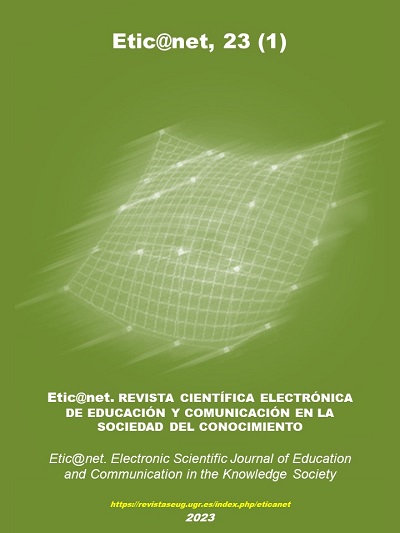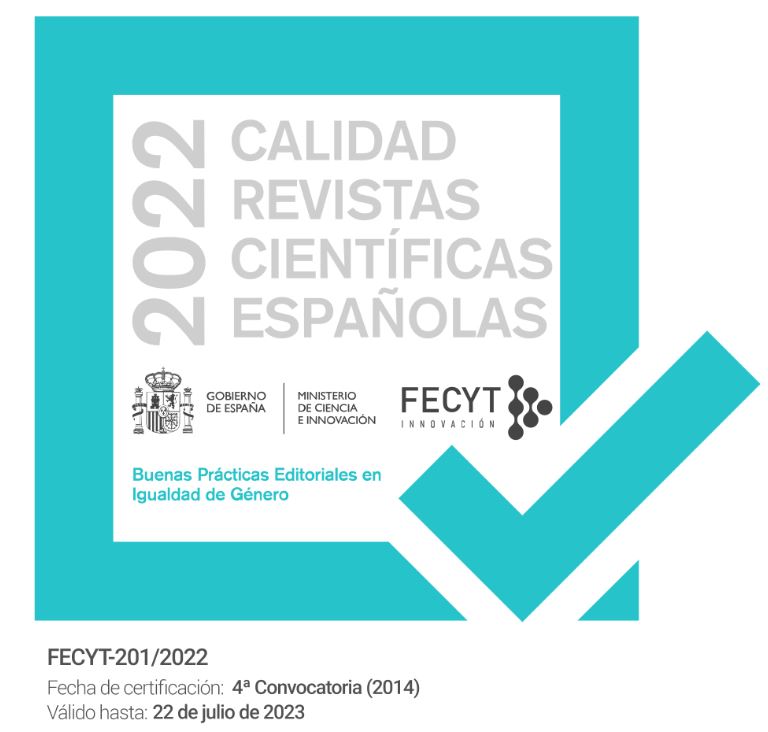Inclusive literacy in ecuador: strategy under the effects of COVID 19
DOI:
https://doi.org/10.30827/eticanet.v23i1.26730Keywords:
inclusive education, digital literacy, strategies, learning, teachingAbstract
This research was carried out with the purpose of analyzing the reality of inclusive literacy processes in Ecuador to respond with new strategies that allow responding to the situation generated by Covid19 that has affected the training process. The theoretical method, which through the different authors was able to justify the argued study of the state of the art in the entire investigation summary, based on background and comprehensive educational practice, the deductive analytical method was also used, integrating quantitative assessments that contributed to the analysis. As a tool for managing the teaching-learning process. The empirical method served as a tool to test the reliability and validity of the Redatam indicators that contributed to verifying at an interpretive level the existing shortcomings and the worsening effect since the pandemic. It concludes by proposing to work on strategies that make it possible to reach the most needy in rural and urban areas from the social, economic, value context, working together with governments to strengthen inclusive education.
Downloads
References
Lemoine-Quintero, F. Á., Carvajal-Zambrano, G. V., Hernández-Rodríguez, N. R., & Delgado-Caicedo, Y. L. (2020). Rol y pertinencia en universidades del Ecuador en la actividad de vinculación con la sociedad. Maestro Y Sociedad, 17(3), 437–453, https://maestroysociedad.uo.edu.cu/index.php/MyS/article/view/5212.
Lemoine-Quintero, F. Á.-N. (2021). La investigación formativa como estrategia para articular las funciones universitarias de la investigación, la vinculación y la docencia. Maestro Y Sociedad, 18(1), 188–198, https://maestroysociedad.uo.edu.cu/index.php/MyS/article/view/5327.
Downloads
Published
Issue
Section
License
The authors who publish in this journal agree to the following terms: The authors retain the copyright and grant the journal the right to be the first publication of the work as well as licensed under a Creative Commons Attribution License that allows others to share the work with an acknowledgment of the authorship of the work and the initial publication in this magazine. Authors are allowed and encouraged to disseminate their work electronically (for example, in institutional repositories or on their own website) before and during the submission process, as it may lead to productive exchanges as well as further citation. Earliest and greatest of published works (See The Effect of Open Access).














